
$100 million in new charity funding unlocked, but philanthropy heavyweights say DGR reform is more important
Posted on 04 Mar 2026
The federal government has announced its decision on the percentage of assets that giving funds…
Posted on 03 Jun 2025
By Greg Thom, journalist, Institute of Community Directors Australia

A new app developed by a not-for-profit start-up is helping people with disabilities to easily identify and locate accessible venues across the nation.
Powered by a group of Melbourne University students, EnAccess Maps connects Australia's disability community with premises that match their needs.
The app, which includes more than 700 venues that have been verified and mapped by certified accessibility assessors, is designed to take the stress out of organising disability friendly outings and prevent wasted trips.
App, users are asked to specify the type of experience they’re looking for as well as the accessible amenities they require and the preferred location.
The app then generates a list of businesses that match the user’s criteria, partly based on real-world data provided by disability service providers across Australia.
EnAccess founder Sabrina Leung began building the platform while studying for her Bachelor of Psychology and Sociology at Melbourne University and working part-time as a disability support worker.
“Planning a trip to a café or restaurant can be extremely anxiety-inducing and time-consuming for people who rely on mobility aids as it involves emailing and calling businesses to make sure they’re wheelchair friendly and often the information provided can be wrong,” she said.
“When I was working in the disability sector, the person I cared for was a foodie who had a spinal cord injury and she would tell me horror stories of arriving at venues that claimed to be accessible only to find the ramp was unstable or there was a step at the entrance, and these experiences can be so demoralising.”

“Social isolation impacts mental health, self-esteem, and overall wellbeing. Human connection is a basic need, and we need to create opportunities for everyone to feel included and valued.”
Disability support workers have proved crucial to collecting data for the app, vetting businesses they have visited with clients and leaving detailed public reviews on the EnAccess app if the venues are deemed accessible.
EnAccess Maps Impact Advisor Jacob Darkin said Melbourne University student volunteers have also given up their time to vet premises once a month.
“During a recent session, our volunteers mapped 70 restaurants in Melbourne's CBD in just two hours, which was a huge achievement,” he said.
Leung said with no other service offering such a comprehensive and detailed list of disability friendly venues, the EnAccess app was filling a major gap.
“With approximately 750,000 people in Australia using mobility aids, this information is incredibly valuable.”
As someone who uses a wheelchair, disability advocate Dane Cross is well aware of the frustration and social isolation that can result from inadequate accessibility at venues.
Speaking during a recent Community Advocate podcast, the chief operating officer of not-for-profit organisation Sporting Wheelies said more than a quarter of Australia's 5.5 million people who live with disability are unable to leave their homes as much as they’d like.
An estimated one in four people with disability aged 15–64 have difficulty getting to places they need to go to.
“These numbers aren’t just statistics; they’re a reflection of the reality that so many face daily,” said Cross.
He said the problem of inaccessibility is particularly acute during celebratory periods such as Christmas, which should be times of togetherness. For many people with disability, these are times when instead they are reminded of the barriers that exclude them.
Cross said that creating inclusive spaces and fostering connection isn’t about ticking a box – it’s about transforming lives.
“Social isolation impacts mental health, self-esteem, and overall wellbeing. Human connection is a basic need, and we need to create opportunities for everyone to feel included and valued.”
Leung said that with one in five Australians living with disability, the app also benefits business owners as it allows them to tap into a customer sector that’s been forgotten.
The EnAccess team was recently awarded $20,000 in funding through the Melbourne Accelerator Program, part of Melbourne University’s Melbourne Entrepreneurial Centre (MEC).
Social isolation an unwanted Christmas gift for people with disability

Posted on 04 Mar 2026
The federal government has announced its decision on the percentage of assets that giving funds…
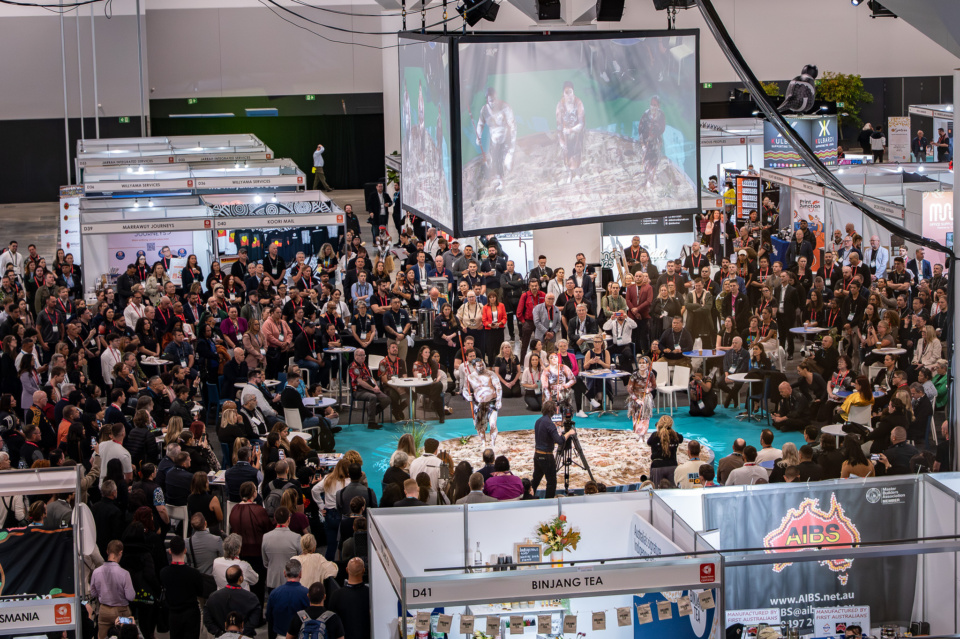
Posted on 04 Mar 2026
Australia’s for-purpose enterprise supporting Indigenous-owned businesses announced a record $5.83…
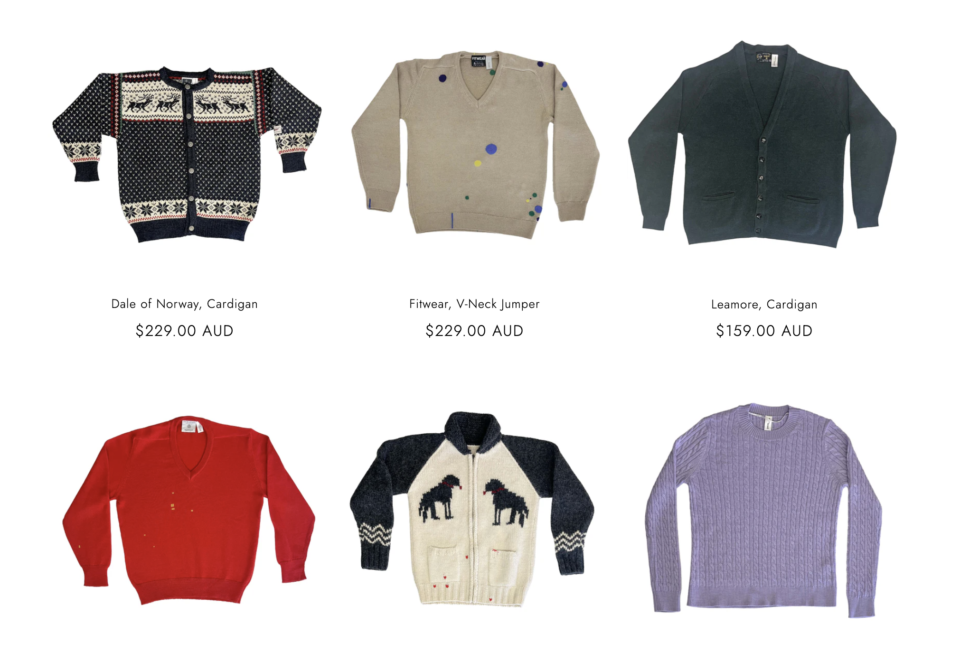
Posted on 04 Mar 2026
Hannah Nichols is the environmental, social and governance (ESG) lead at Australian Red Cross and a…
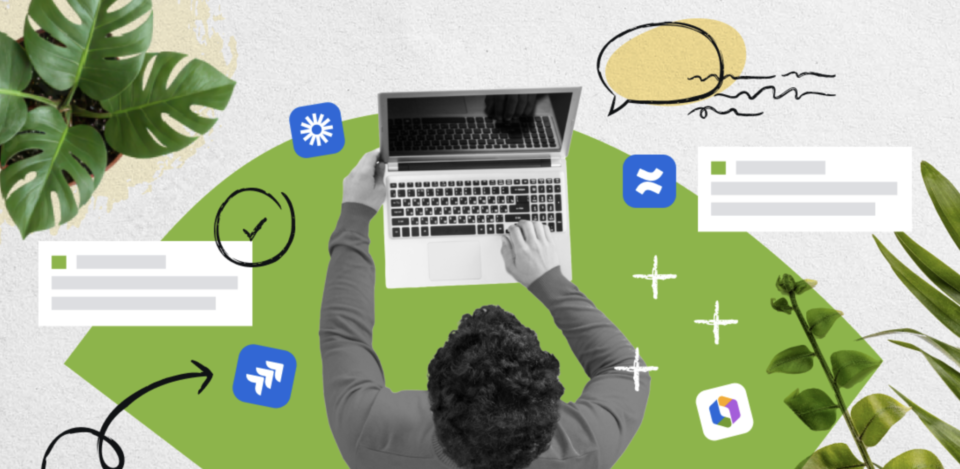
Posted on 04 Mar 2026
Major workflow software company Atlassian has announced it is offering its Teamwork Collection of…

Posted on 04 Mar 2026
In all charities and NFPs – big and small – annual budgeting brings with it a degree of…
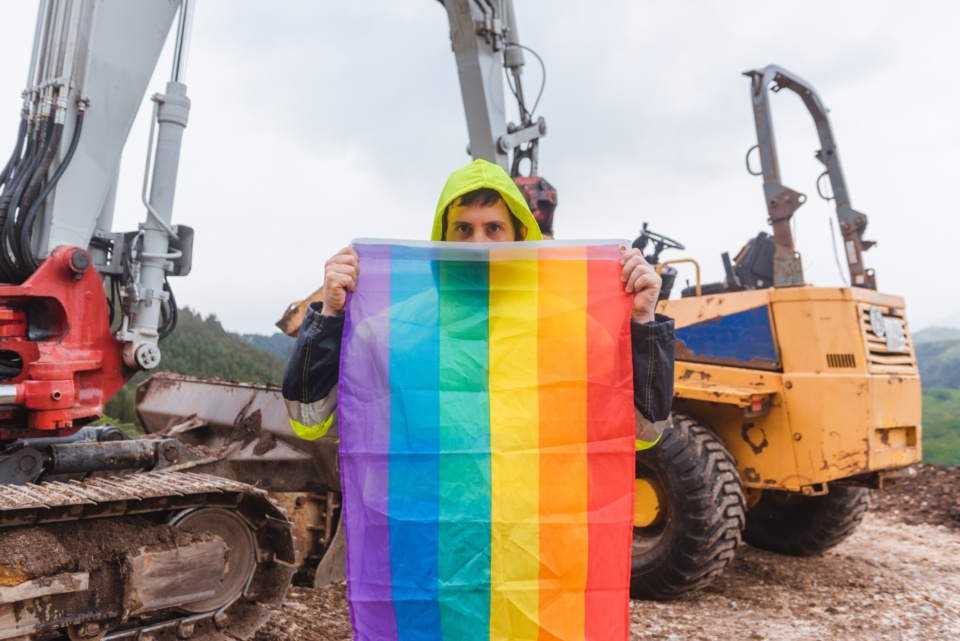
Posted on 04 Mar 2026
New research from Diversity Council Australia (DCA) has found that even as one in four workers…
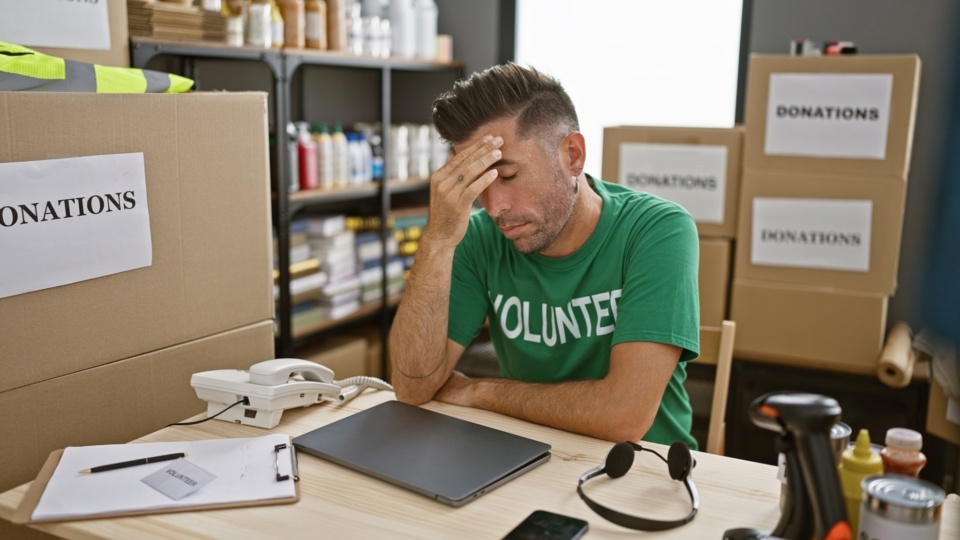
Posted on 25 Feb 2026
Australia’s community organisations are quietly holding society together. From local sporting clubs…
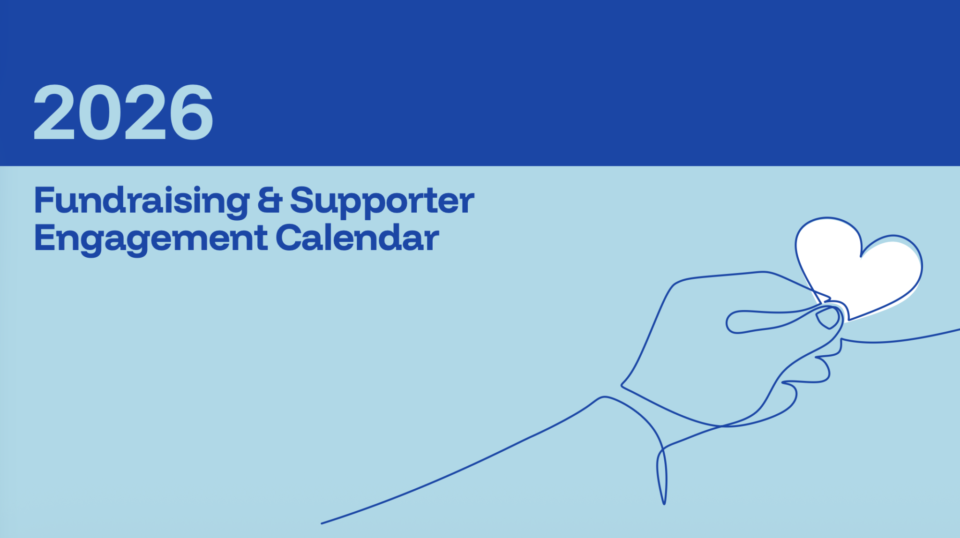
Posted on 25 Feb 2026
Writing communications for donors, stakeholders, regulators and the public can be a relentless task…
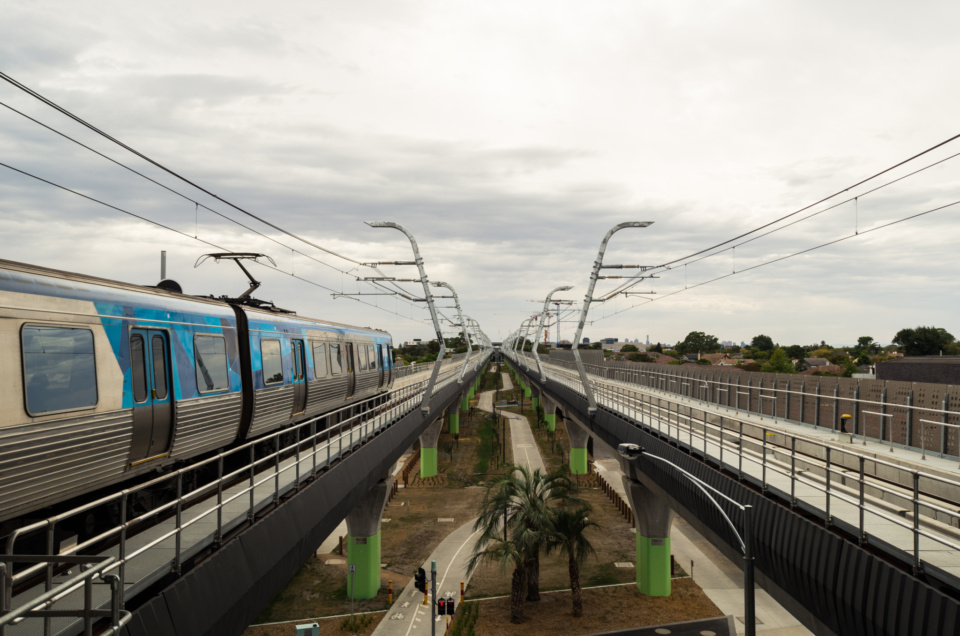
Posted on 25 Feb 2026
A Victorian suburb's hot debate about whether trains should live underground or in the sky ended…
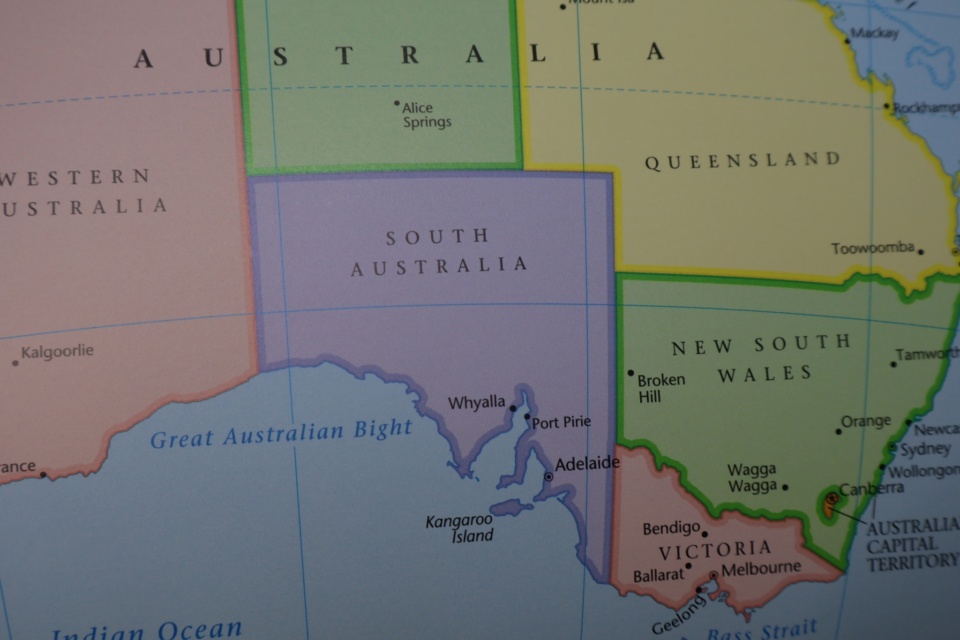
Posted on 25 Feb 2026
Three years after the federal government announced that national fundraising principles would be…
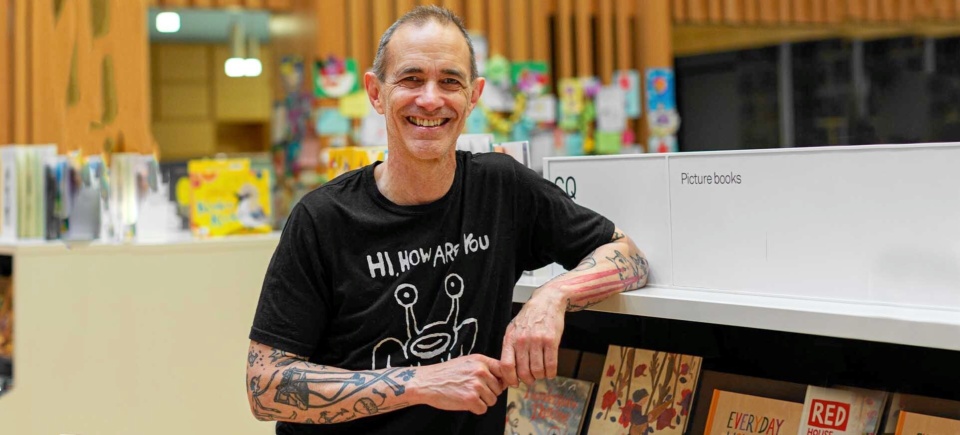
Posted on 25 Feb 2026
Author Andy Griffiths has spent 30 years bringing “punk rock” to children’s books, making kids…
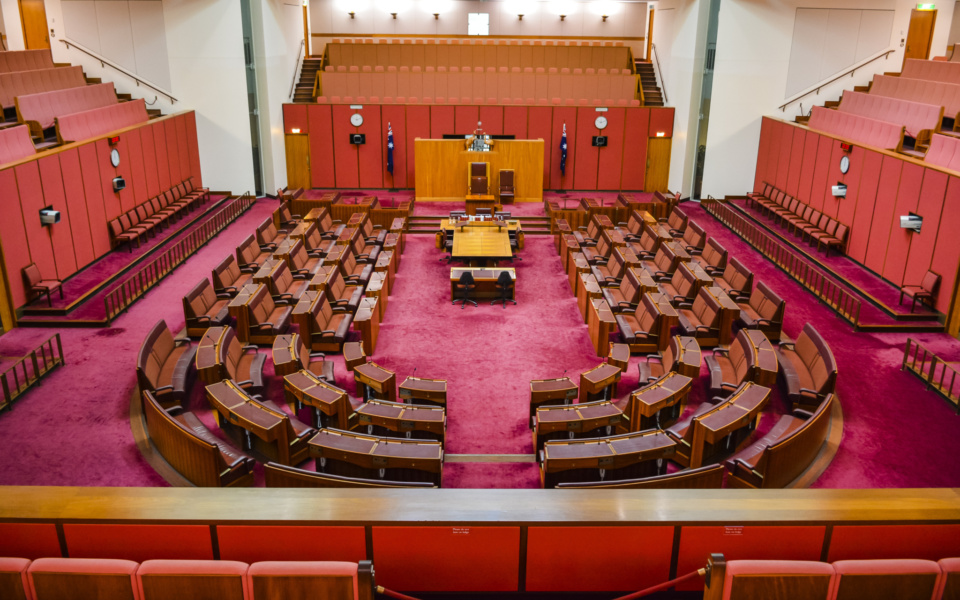
Posted on 25 Feb 2026
Senator Dean Smith is back as shadow minister for charities, and he’s told the Community Advocate…